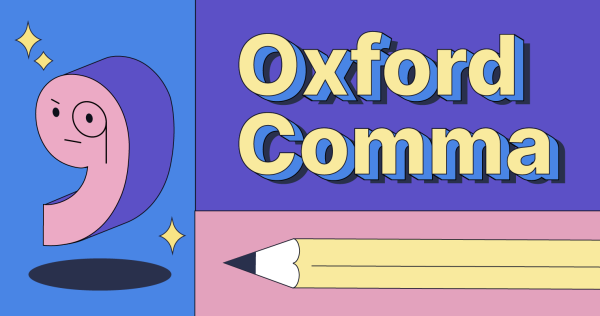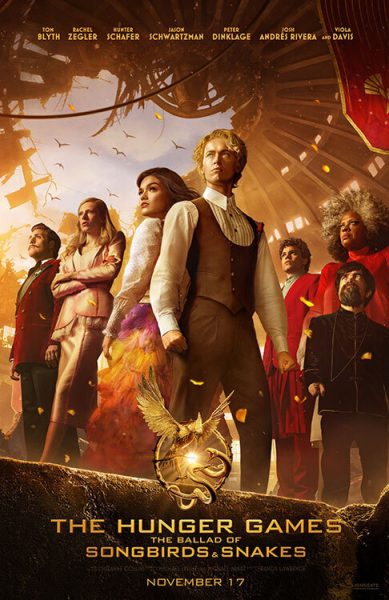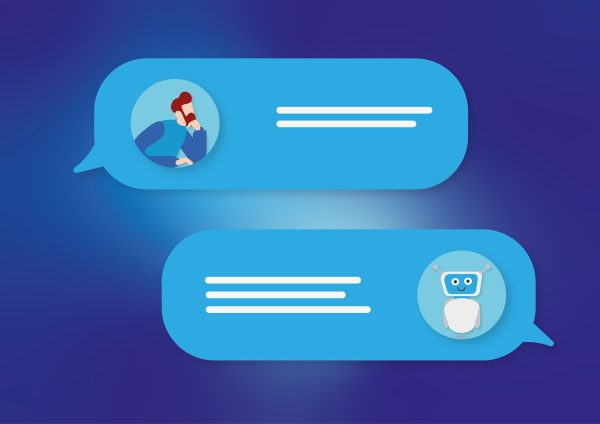The quest for less expensive text books
I used to collect Pokémon cards when I was a kid, but I always got them used for cheap or free. It always astounded me that an early edition Charizard could sell for as much as $6,000 when in reality it’s just a cardboard square with ink on it and the production cost of that card is only about a half-cent in materials.
Thinking about my childhood thriftiness got me thinking about my textbooks. A book is just paper and ink, right? They only cost a few bucks in materials, maybe a little more for hardcovers.
Sure, you’re paying for the information inside, as with any book, but is the information in an intro to Chemistry textbook really worth over $200? Especially since in most classes only a few chapters of the book are even covered and the average quarter only lasts about 65 days. Everyone is frustrated by textbook prices, not just the students and parents, but the teachers too. With the rise of online textbooks, we see more affordable options, and even some free options. So the question begs to be asked: When will teachers stop requiring expensive textbooks?
I wanted to figure out what other people thought about this issue, so I asked one of my fellow classmates, Callie Laursen, what she thought about textbooks.
Textbooks are a huge pain
— Callie Laursen
“Textbooks are a huge pain,” Laursen said, “it seems like every class starts out the same. The professor hands out the required reading. Then they apologize for how expensive their book is. Then they tell you to get them from somewhere other than the bookstore.”
The more I thought about it, the more I realized how true that was. Everyone who cares about not spending a ton of money knows not to go to the bookstore. In fact, the only reason most people get their textbooks from the bookstore is that it’s convenient. There are tons of places to get textbooks for cheapish: Amazon, Barnes and Noble, Chegg, the used book bulletin next to the coffee shop… The list goes on. But people go to the bookstore because it’s a five-minute walk from just about every classroom at EDCC. We’re on our own when it comes to finding our books.
This is my second year at Edmonds Community College, and each quarter my book list seems to grow more and more expensive. However, during the winter quarter of 2017, I took Sociology 101 with professor Christopher Cook. In that class, Cook did something I hadn’t ever seen and haven’t seen since: he provided the whole class with a free online textbook. This left me wondering why every professor didn’t do this?
“I offer the free textbooks whenever I can,” Cook told me. “I think that students have all sorts of expenses and competing demands to deal with and the last thing I want them to worry about is getting the financial resources together to get something as simple as a book.”
Cook teaches at multiple colleges in the Seattle area, and he emphasized that across the board he has noticed that the main reason professors don’t offer free textbooks is that finding them is time-consuming. This concept caught my attention because I had always assumed that the main reason professors required expensive textbooks was that they were higher quality. What Cook told me was the opposite:
“I honestly believe that the free 101 textbook was superior to some of my other, costly, assigned reading. A problem you find with many textbooks is that they often make concepts overly complex, using vocabulary to project academic superiority, when in reality the concepts are relatively simple. The Sociology 101 textbook I use is shorter than the more high-end ones, but it is simpler and makes concepts much easier to grasp.”
All in all, it doesn’t matter whether you get your textbooks online or at a store, whether you rent or buy, or even whether you share it with a friend. The bottom line is textbooks are going to cost you no matter what. So, don’t just buy the first one you see. It’s up to you to explore your options, not be picky, and play it smart. Even ask your professor where they got their textbooks and whether or not there is a free option available. Because in this case, doing your research totally pays off, and you don’t even have to cite your sources.



